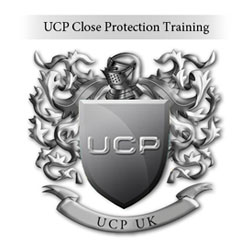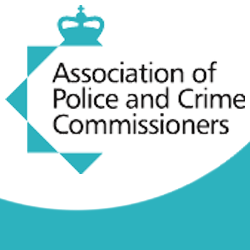Office for National Statistics

My Story
So… after thirty years Police Service, where I was involved in a number of roles including general uniformed beat policing, crime and fraud investigation, discipline investigations, custody of detainees and latterly crime training, the day came for my retirement.
I had attended a preretirement seminar during which I was advised that as a Police Officer, I would have gained a number of transferable skills which employers, in the wider world, placed great value upon. I clearly felt too young to retire so, on retirement from the Police, I looked around for something to do. Another lesson I learned was that ‘there is life after the Police Service’.
So it was that an opportunity arose to apply to join the ONS (Office for National Statistics) as a Social Survey Field Interviewer. Like so many people I now interview, I had never specifically heard of the ONS or what they did or how they operated.
After studying the ONS website, I felt confident that I did have the requisite skills/competencies so applied and was successful. There was no doubt the skills learned/developed whilst a Police Officer placed me in an advantageous position during the ONS selection process. These transferable ‘people skills’ include; my approachability, organising, planning, communicating (written & oral), listening, reliability, smartness/presence, confidence in working alone or within a team, the list goes on.
Not long after starting with the ONS, I was achieving good contact rates and co-operation from selected households to participate in these surveys. I enjoyed the interaction with those households selected, obtaining from them what I believe to be valuable accurate information or data which is used to shape future planning and policy to the benefit of the community as a whole.
The ONS interviewer’s role has many parallels to that of a Police Officer, planning work and routes to and from areas, finding the selected addresses, making contact or ‘reading the signs’ to establish the best time to catch someone at home. Once contact was made, to then persuade or convince the household of the importance of their data and gaining their agreement to take part in the survey.
As an organisation, I was impressed with the ONS and the support & training afforded to new recruits. After initial training, shadowing and being mentored in the ‘field’, it was several weeks before I was working alone. However my mentor/ tutor and Interviewer Manager were only a phone call away. Although a ‘lone worker’ I am part of a team and have a good rapport with other interviewers regularly meeting up with them.
One of the greatest advantages of the role is the ‘flexibility’ of working hours. I am on an Annualised hour’s contract, a new concept to me, but simplistically means:- I am contracted to do 1144 hours a year (so approximately 96 hours per month) these are worked flexibly, depending on the locality of areas worked and success rate in contacting selected households.
When I start and finish each day is down to me, there are guidelines and time scales for each survey, but by effective working and putting in long days (into the evening) at the start of each week, I end up with time in the latter half to do other things or perhaps have a ‘long weekend’.
Another aspect of the ONS was that as an organisation it recognised my ‘additional’ skills from my previous roles. I was utilised as a Temporary Interviewer Manager (formerly Field Manager) having some previous managerial experience. I am also used as Mentor (tutor) and have been involved in a variety of diverse roles within the Organisation including respect at work, mediation, recruitment & assessment days. I have also been involved in one-off studies including the Town Travel Survey and the Census Coverage Survey. By being utilised in these ways was a great opportunity to diversify my skills and to add variety to my daily role as a Field Interviewer.
So, if you are looking for something challenging where your Policing skills and abilities can be utilised, I would recommend having a closer look at the opportunities afforded as a Social Survey Field Interviewer with the ONS. Although my ‘promotion’ was temporary and several years ago, there are still opportunities for advancement within the ONS. I am aware of several former Police Officers who have become Interviewer Managers and progressed to Field Operations Manager.




